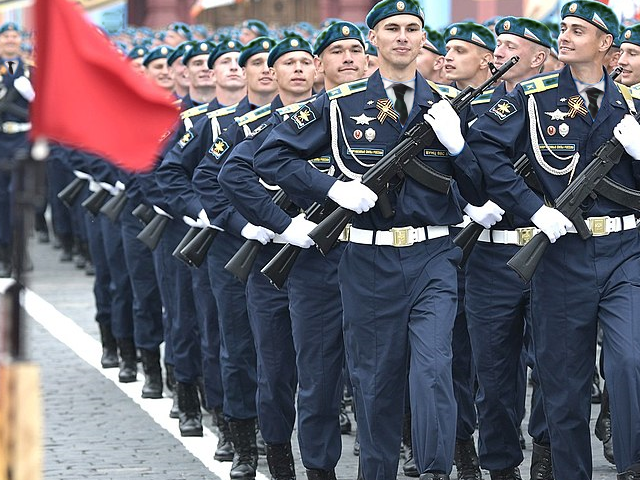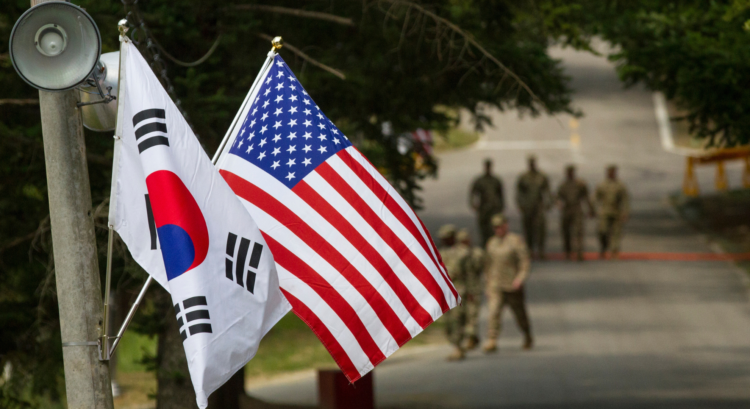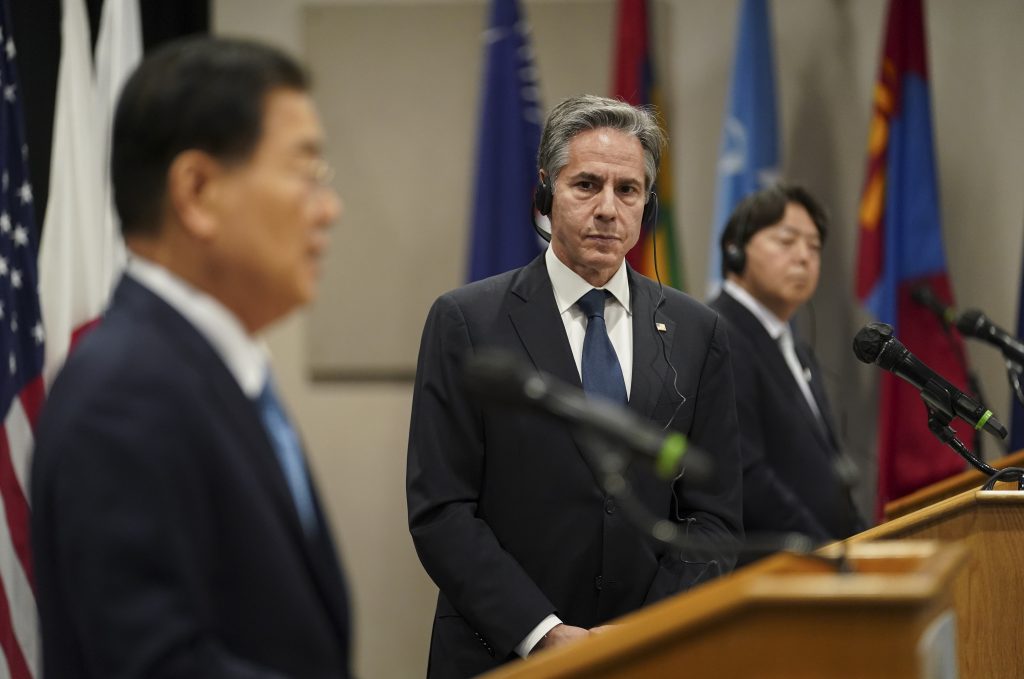The aftermath of the war was a military victory for Israel but a political one for Egypt. Israeli leaders such as Prime Minister Golda Meir and Defense Minister Moshe Dayan would later resign as the general public wanted answers. The war was a lesson for Tel Aviv, which now keeps their nation in a complete state of readiness, never to be caught off guard by surprise again.
Turkish Invasion of Cyprus
The island nation of Cyprus has gone through a dark and brutal history. In the aftermath of Nicosia’s independence from Britain, ethnic violence between the Greeks and Turks of the island caught the world’s attention.
The ethnic violence in Cyprus has spiraled out of control to the point where the United Nations was ineffective at mitigating it. The President of Cyprus, Archbishop Makarios, had become unpopular amongst the Cypriot National Guard, the Greek military junta in Athens, and the Greek Cypriot paramilitaries that fought alongside him against the British.
Feeling disenfranchised by Makarios’ back-and-forth policies on union with Greece, elements of the Cypriot National Guard and Greek Junta overthrew him in a coup to unite both countries. What the factions should have calculated was a Turkish invasion that took place several days later.
The first Turkish invasion of 1974 shocked both juntas to the point where Greek junta and Cypriot leaders Ioannidis and Sampson respectfully stepped down. Transitional governments would take power soon after, but Athens and Nicosia were still complacent to the looming Turkish threat.
Under the guise of a Geneva Peace Conference over Cyprus, Turkey, with material support from America and Britain, would invade the isle for a second time in less than a month. This time, Ankara invaded with a much larger and more brutal invasion force.
Taking one-third of the isle as the Cypriot National Guard and Hellenic Army had not anticipated a renewed Turkish invasion, the island still suffers from one of the world’s most prolonged military occupations. Despite the Hellenic Army vastly improving its capabilities and readiness, the Cypriot National Guard has been complacent for decades. Unless heavily backed by Greece and a significant world power, they would not last another Turkish Military incursion.
Armenia’s Complacency on Azerbaijan
After Armenia’s victory against Azerbaijan in the First Karabakh War, the breakaway state of Artsakh was supported and defended by Yerevan. Azerbaijan, which had a military in a state of collapse, would slowly and methodically use its rich natural resources to build up its forces and international partnerships.
Decades of corruption, embezzlement, and negligence toward their military would haunt Armenia, which became complacent to Azerbaijan’s looming threats. Yerevan, which was closed off from the rest of the world, had relied solely on Moscow for its defense, and the Kremlin would only prioritize the former as an ‘ally’ as long as they were subservient to them.
In the aftermath of the Velvet Revolution, Putin lost his pro-Russian interests in Armenia, and Azerbaijan would methodically take advantage of this. In the autumn of 2020, Azerbaijan struck the Karabakh region, and Armenia and the breakaway republic of Artsakh were overwhelmed.
Azerbaijan broke through Armenia’s defenses by utilizing the efficient drones from Turkey and Israel, two countries Baku continued to build relations with, while Yerevan remained stagnant and complacent under Moscow.
Holding a grudge, Putin would not come to Armenia’s time of need when they needed Russian protection the most. In place of the deteriorating relations with Armenia and close relations with Azerbaijan, Putin has increasingly favored Aliyev’s position in the conflict.
Under pressure, knowing they do not have the military means to continue fighting off Azerbaijan, Armenia’s Prime Minister, Nikol Pashinyan, signed a memorandum recognizing Baku’s territorial integrity. Yerevan remains in a precarious situation today due to decades of unpreparedness for the threats around them.
Complacency to Russia’s Imperial Posture
In the aftermath of the collapse of the Soviet Union, the modern-day Russian Federation was promised the world, and renewed relations took place. Countries in the European Union would sign gas deals with the Kremlin, even when they invaded potential member-states such as Georgia and Ukraine.
Ukraine was coerced to give up the world’s third-largest nuclear arsenal for Russian promises to recognize their territorial integrity—something Moscow would never do. Former President Bill Clinton would state he regrets the Budapest Memorandum if he had the hindsight to see Russia’s full-scale war against Ukraine.
Decades of reliance on to US defense industry would come back to haunt Europe, as only a handful of states stayed in a state of semi-readiness if a large-scale war were to retake the place.
During Russia’s full-scale war, heavy weaponry was not allocated to Ukraine when it needed it the most in battles such as Mariupol and Severodonetsk—two major cities which have wholly been leveled to the ground. Weapon production has become a major issue that Europe has attempted to mitigate, focusing more on 155mm shells.
One could argue had the world taken Eastern Europe’s warnings about Russia more seriously and been firmer towards Putin’s imperial aggression; he would’ve hesitated to declare a full-scale war. Eastern Europe, which went through hundreds of years of Russian imperialism, has been the biggest backer of Ukraine per capita and the hardline on sanctions and how to make sure the rest of the world doesn’t repeat the past mistake.

How Other Nations Keep Themselves at Readiness
States with hostile neighbors bordering their nation are some of the most-ready countries today. Alongside compulsory military service, these nations have adapted in various other ways to keep themselves safe.
South Korea, a nation that has gone through a dark history of dictatorships and brutal crackdowns, has expanded its arms industry and economic power. Seoul has emerged as a major global arms exporter, which has given them a geopolitical edge over the isolated North. The new nuclear submarine contingency with the United States ensures the nation’s safety from nuclear attack by Pyongyang.
Finland, a country with over a dozen conflicts with Russia, did not demilitarize, unlike most of Europe. Creating the largest reserve army on the continent, Helsinki has remained in a state of readiness for any future war that could come to their soil. Even before NATO membership, Finland has been a technological giant in the defense sector and has Europe’s largest artillery stockpile.
After the Yom Kippur War, Israel vastly improved its intelligence apparatus and adapted to various security situations. Now a technological, military, and scientific giant, Israel has a net positive in exports and production, with multiple nations purchasing weapons and encrypted chips.
Ukraine’s President Volodymyr has expressed the need for his nation to be in a state of readiness in the future, akin to countries such as Israel. Ukrainians have historically been caught between various world powers and lived under the boot of Russia for hundreds of years. This generational trauma is a primary factor in their willingness to fight to the death.
Having a state of complacency can be even more dangerous than appeasing a geopolitical foe. In contrast, appeasement can come from a foreign power that ‘guarantees’ your sovereignty; a complacent foreign policy and government can make or break a nation in a global conflict.











COMMENTS